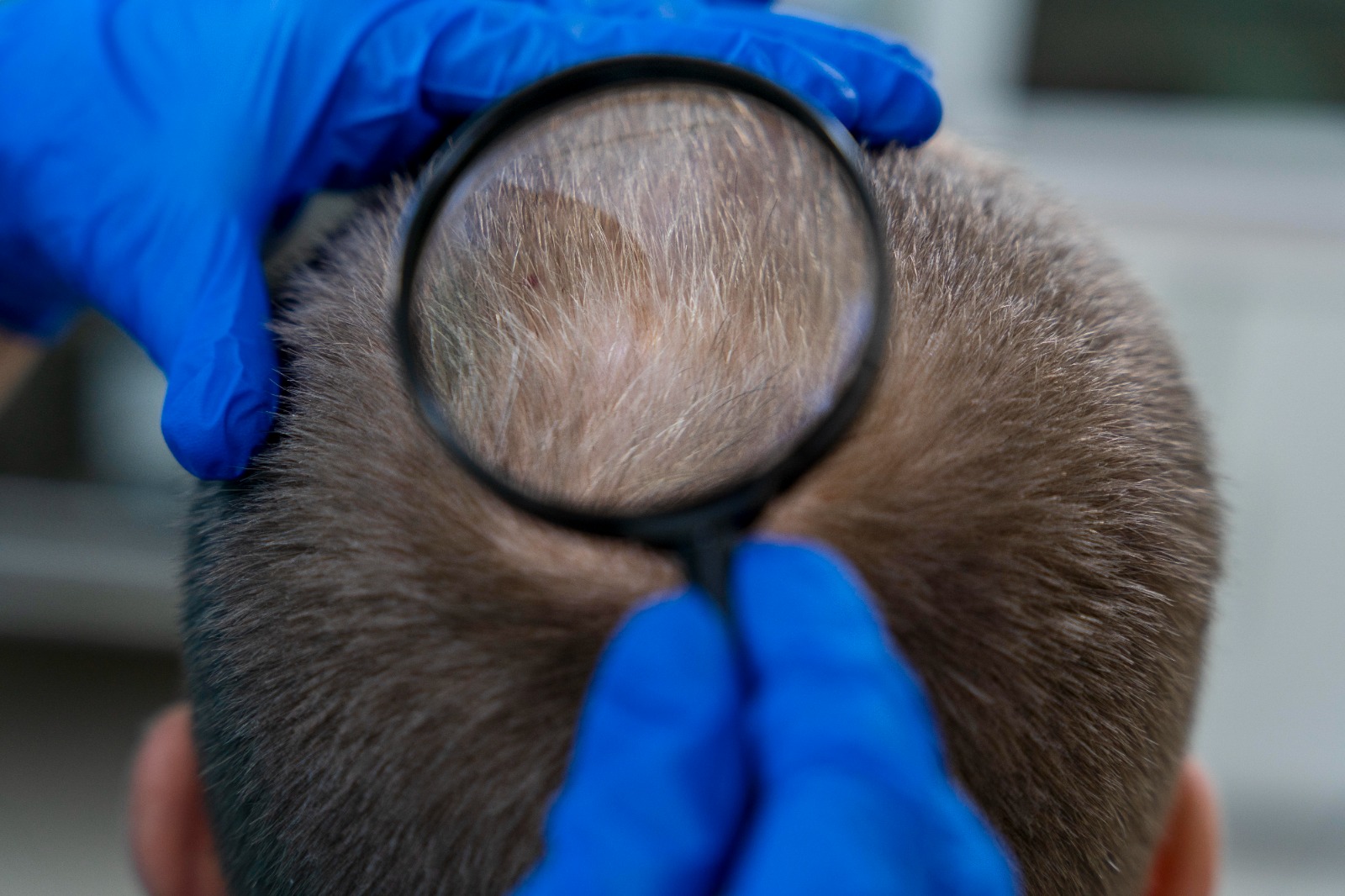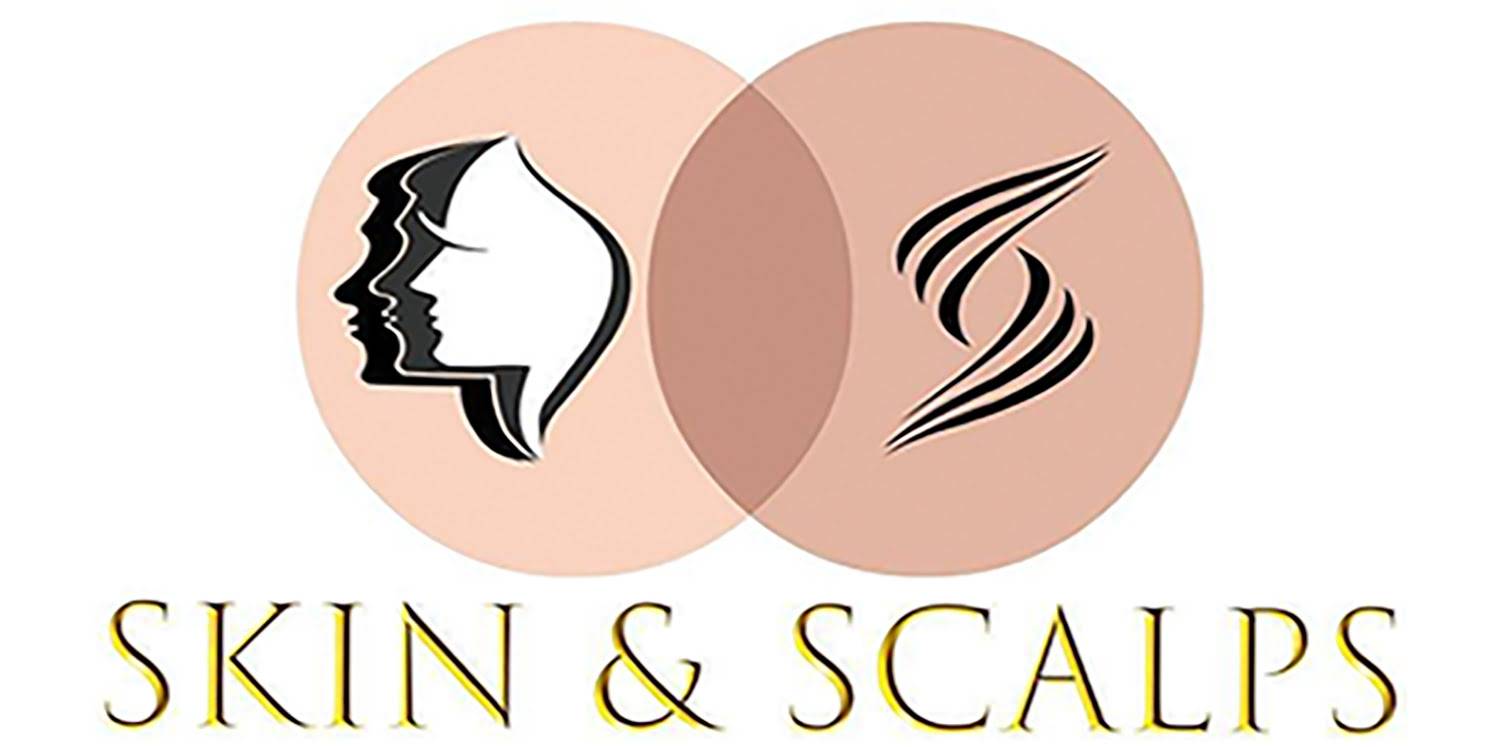Call Us: +91 8237007674 | +91 9175456781

Alopecia areata is an autoimmune disease, where a person’s immune system attacks the body, in this case, the hair follicles. When this happens, the person’s hair begins to fall out, often in clumps the size and shape of a quarter. The extent of the hair loss varies; in some cases, it is only in a few spots. In others, the hair loss can be greater. On rare occasions, the person loses all of the hair on his or her head or entire body.
It is believed that the person’s genetic makeup may trigger the autoimmune reaction of alopecia areata, along with a virus or a substance the person comes into contact with.
Alopecia areata is an unpredictable disease. In some people, hair grows back but falls out again later. In others, hair grows back and remains. Each case is unique. Even if someone loses all of his or her hair, there is a chance that it will grow back.
Dr Sohana will customise the treatment to ensure the hair grow back.
Treatment options for alopecia areata include:
Corticosteroids: anti-inflammatory drugs that are prescribed for autoimmune diseases. Corticosteroids can be given as an injection into the scalp or other areas, orally (as a pill), or applied topically (rubbed into the skin) as an ointment, cream, or foam. Response to therapy may be gradual.
Rogaine ® (minoxidil): this topical drug is already used as a treatment for pattern baldness. It usually takes about 12 weeks of treatment with Rogaine before hair begins to grow.
